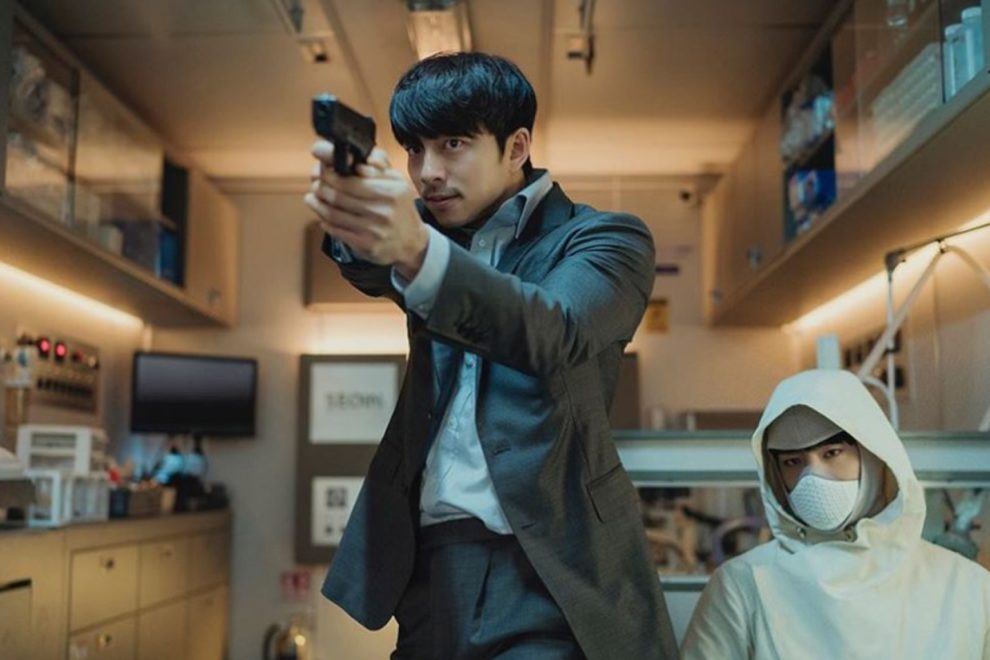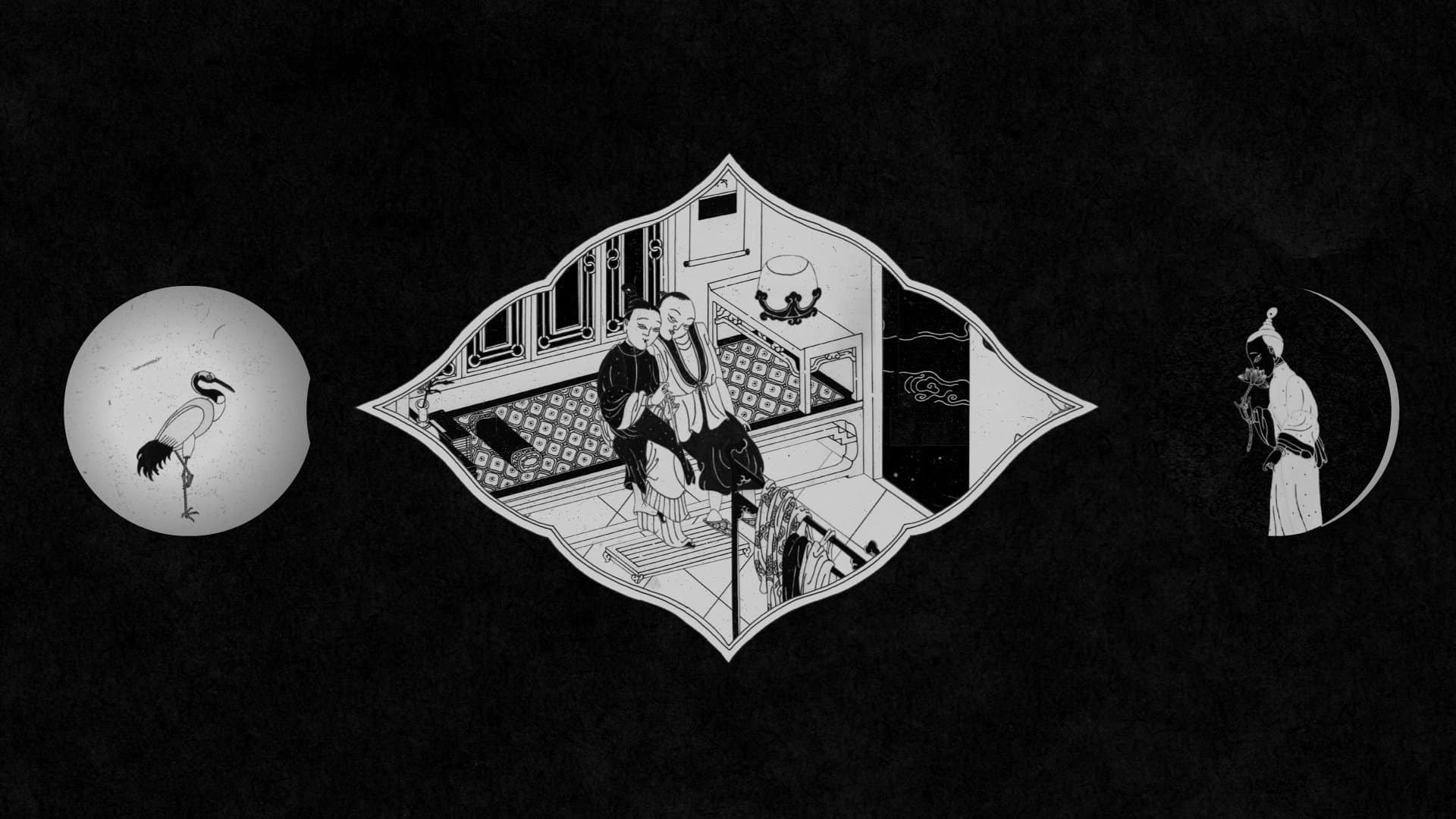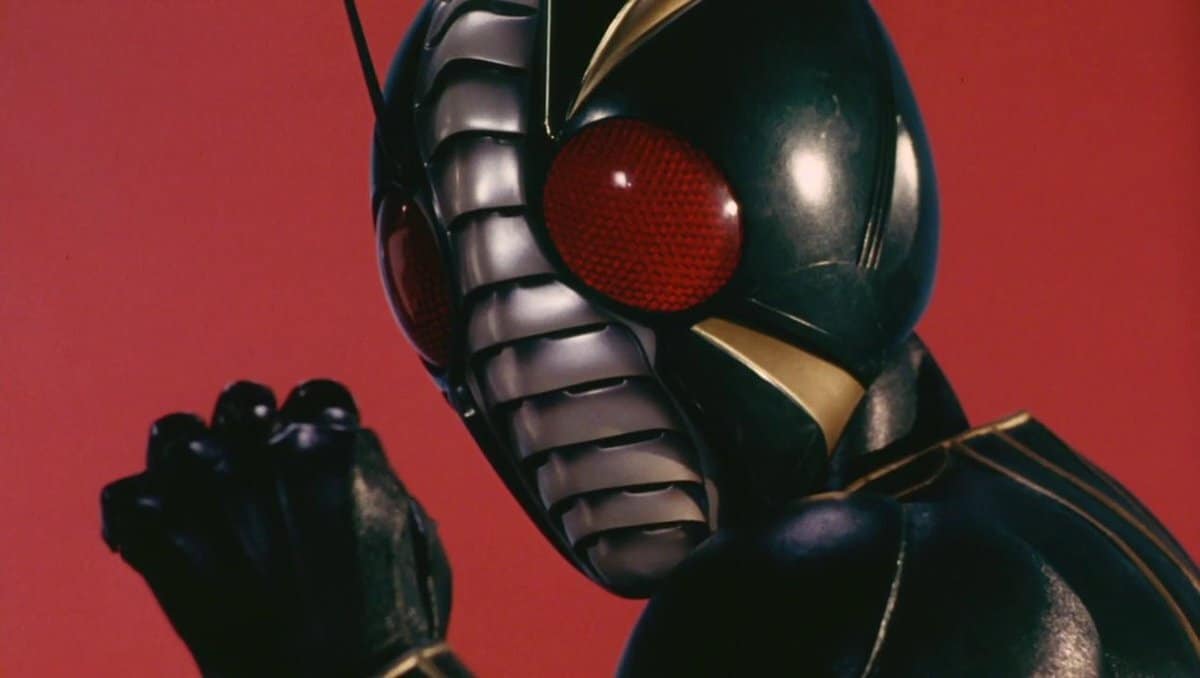Despite suffering from a hefty delay courtesy of the pandemic, “Seobok” managed to deliver on its widespread anticipation with a box-office-topping opening weekend domestically. At its core a sci-fi thriller which encapsulates everything one would expect from a blockbuster hit, Lee Yong-joo's latest film is an intriguing interpretation of the story of Xu Fu, and one which will keep its willing audience glued to their seats.
Min Ki-hun (Gong Yoo) is a burnt-out, side-lined intelligence agent. Suffering from a brain tumour, he is deadwood to the government higher-ups, and knows himself that the persistent severe headaches which now plague his days are just a cruel appetiser to his impending death. Nevertheless, Min finds himself reluctantly brought back into the thick of things by the shady Chief Ahn (Jo Woo-jin) to take care of the world's first human clone, Seobok (Park Bo-gum), a test specimen whose DNA holds the power to save not only the former operative, but mankind itself.
However, looking after Seobok proves to be no simple task, and the two protagonists soon find themselves the target of government officials, hitmen and special interest groups who all want to take the clone to quench their selfish desires. To make matters even more complex, Seobok begins to harbour lethal telekinetic powers in the midst of a battle with his rapidly developing cells (to survive, he must be injected every 24 hours), all whilst the experimental human develops a profound interest in the wider meaning of life itself, and seeks to find where his place in the world falls.
If that all sounds convoluted, that is because it is, but there is something about Lee Yong-joo's breezy directorial style and easy-to-follow script which makes “Seobok” consistently endearing. Despite the ever-increasing plot points and cookie-cutter glances at corporate corruptness, nothing feels overboard, and the pseudo-philosophical coating spread across the overarching story helps make for a more compelling sci-fi offering than what is usually produced. Largely built around a strong characterisation of the two leads, there is a simple charm in rooting for the proverbial “good guys” throughout the dainty 90-minute runtime, and a seamless anticipation in watching the protagonists try and survive whilst balancing moral dilemmas. Add this to some genuinely compelling action sequences, impressive CGI, and a climax which knows when to stop, and you have a movie which has relatively little fault to find, at least in comparison to other recent box-office centred releases.
That is not to say “Seobok” is for everyone, though. Some will undoubtedly find its placid style of production at odds with what a sci-fi flick should be, and begrudge its scarcely placed moments of fleeting, albeit unabating, action. Those wishing for a breathless piece of cinema will seldom find much to sink their teeth into here, but could conceivably find a level of intrigue in Lee's ambitious attempts to dig deeper into morality, even if the concept itself is nothing novel.
With that being said, it is no doubt that the acting stands out as the most impressive aspect of the pacey thriller, with both Gong Yoo and Park Bo-gum offering stellar performances in their respective roles. The former, who plays the emotionally brittle but sympathetic former agent Ki-hun, shines in the subtlety of his depiction, grabbing attention with his well-timed facial expressions and experienced dependability. Park, however, excels in uncompromising maximalism. Near the beginning, the boyish appeal of the heartthrob actor works in perfect tandem with the novice nature of the clone, with the protagonist often looking like a lost puppy as he aimlessly stares at shop owners, or like an innocent child as he discovers the joys of instant ramen. As time goes on, though, Park switches gears towards a gratifyingly charismatic showing, forcing viewers to take notice as he carries the climax towards its spectacle-driven conclusion. It is an excellent, multifaceted demonstration of his developing prowess, and undeniably a career highlight for the 27-year-old who continues to develop his stock in the industry.
Technical credits must be afforded to Lee Mo-gae, whose sublime cinematography gives the film a beautiful worldscape, and whenever necessary, a menacing darkness. The wide-shots of the clear-skied, radiant beaches are particularly praiseworthy, but generally Lee ensures that this high-octane release continuously delivers on a visual level.
In conclusion, “Seobok” is likely to be a satisfying film for those who want more substance to their blockbusters, or wish to enjoy a brisk, neatly packaged sci-fi thriller. It may be far from a masterpiece, but for fans of mainstream cinema, this comes dually recommended.
















Nice review! I’ve never seen you here before but I am looking forward to more of your writing. :)
Hi, thank you for the kind words! They are greatly appreciated. Hopefully my work continues to be enjoyable for you.